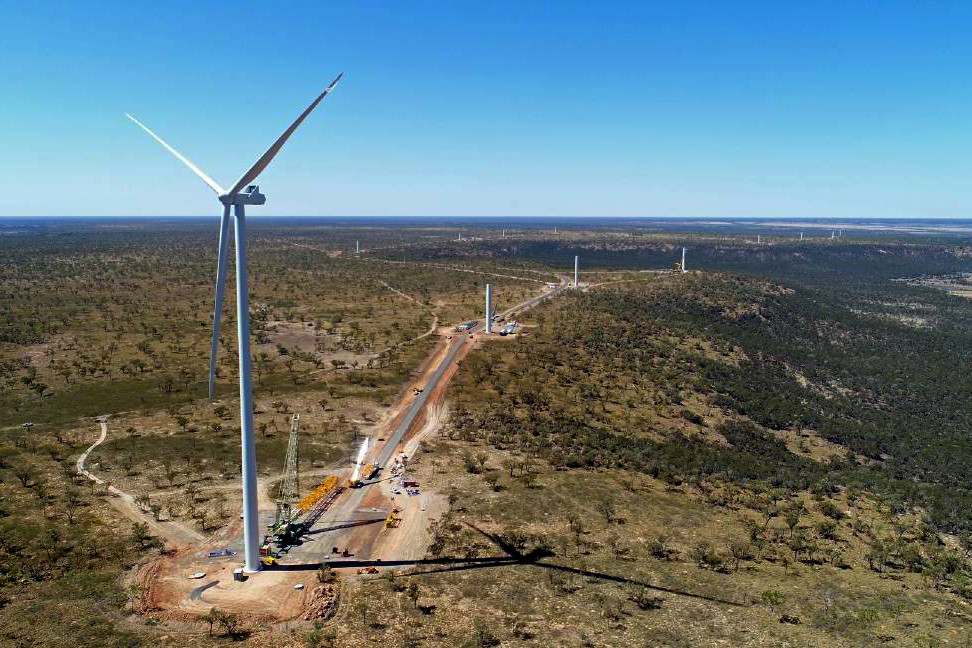General News
7 May, 2025
Renewable projects told to strike deals with local stakeholders
The government mandate is a big win for residents living in the Flinders Shire.

A community benefit agreement first mooted in Hughenden is set to become statewide law.
Legislation introduced to state parliament last week will require major renewable projects to formally demonstrate how they will deliver long-term benefits for the community.
Proponents will be required to conduct a social impact assessment and enter into a binding community benefit agreement with the local government before lodging a development application.
There will also be a statewide assessment manager for solar farms, similar to the current arrangement for wind farms.
The announcement draws inspiration from a Memorandum of Understanding that was signed last year between Flinders Shire Council, RAPAD and energy company VisIR, which established a local community benefit condition for a renewable project. The benefit condition was based on similar agreements already established in the United States.
Flinders Shire mayor Kate Peddle said she had been involved in lobbying for changes to the legislation to ensure regional communities saw actual benefits from renewable projects in their communities.
“This is a major policy win,” she said.
“Flinders Shire Council, along with RAPAD and VisIR, have been at the forefront of developing this sort of community benefit reform. Since signing our MoU, we’ve worked relentlessly behind the scenes, pushing for policy change.
“This (new legislation) framework reflects what we’ve been saying all along: regional Queensland communities deserve a seat at the table. It’s not enough to host infrastructure – we must benefit from it, too.
“It ensures we share in the long-term economic and social benefits from large-scale renewable projects.
“We want to see these projects proceed, and we know they will with the Queensland government’s continued commitment to CopperString, and we want to maximise the benefit for our community.”
Deputy Premier Jarrod Bleijie said the reform would address the social impact of these large-scale developments and put communities first.
He said the rush to renewables had meant local communities and councils had been shut out of the approvals process.
“These changes to the Planning Act mean renewable energy projects will have to engage early and authentically with communities and local governments and contribute a long-lasting legacy for their regions,” he said.